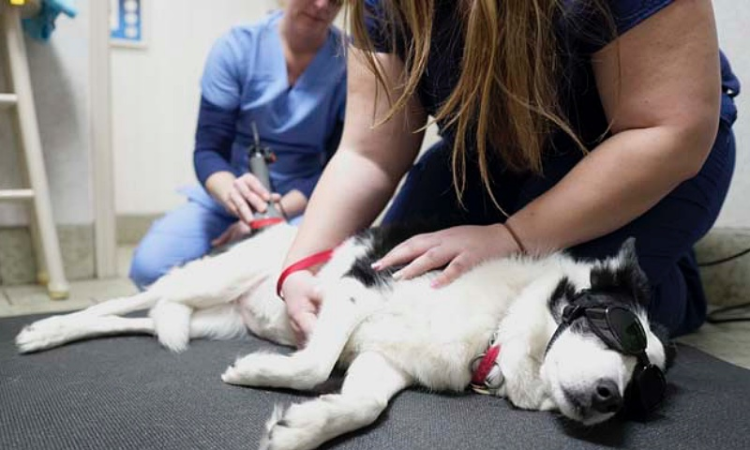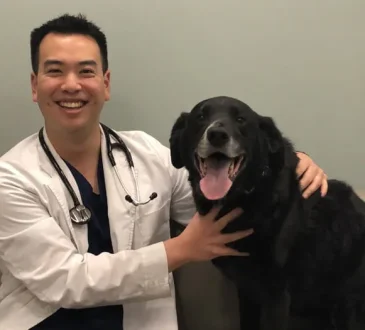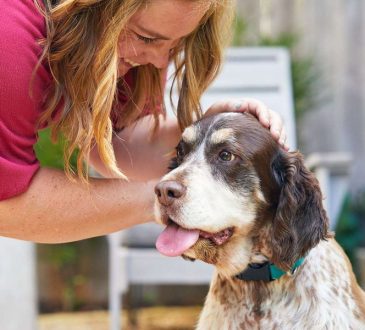
In moments of crisis, whether your beloved pet has swallowed something harmful, sustained an injury, or is suddenly showing signs of illness, the immediate availability of emergency animal care can make all the difference. This is where your local animal hospital steps in as a vital lifeline, providing critical services round-the-clock to ensure the health and well-being of your furry companions.
Immediate Assistance When Every Second Counts
When faced with a pet emergency, time is of the essence. Unlike regular veterinary appointments, emergencies often occur unexpectedly, requiring prompt attention. Your neighborhood animal hospital is equipped with the necessary facilities, including diagnostic tools and emergency medications, to stabilize and treat pets in urgent situations. From severe injuries to acute illnesses, these hospitals have trained professionals ready to intervene swiftly.
Expertise in Critical Situations
Veterinarians and staff at animal hospitals specialize in emergency care, possessing the expertise to handle a wide range of medical crises. They are adept at assessing and managing conditions such as trauma from accidents, sudden collapses, seizures, and complications from underlying health issues. Their ability to triage and prioritize cases ensures that each animal receives the appropriate level of care without delay.
Comprehensive Diagnostic Capabilities
Modern animal hospitals are equipped with advanced diagnostic equipment, enabling rapid assessment and diagnosis. X-rays, ultrasound, blood tests, and other diagnostic tools aid veterinarians in identifying the underlying cause of symptoms quickly. This capability is crucial in emergencies where swift and accurate diagnosis can significantly impact treatment outcomes.
Surgical Expertise On Hand
In cases requiring surgical intervention, such as serious injuries or emergency procedures, animal hospitals are prepared with surgical suites and experienced surgeons. Whether it’s to repair a broken bone, address internal bleeding, or perform emergency exploratory surgery, these facilities are equipped to handle various surgical emergencies with precision and care.
Continuous Monitoring and Critical Care
After initial stabilization or surgery, many pets require ongoing monitoring and intensive care. Animal hospitals provide round-the-clock supervision by trained veterinary nurses and staff. This ensures that recovering pets receive attentive care, including pain management, fluid therapy, and adjustments to treatment plans as needed to support their recovery.
Coordination with Primary Veterinarians
Emergency animal hospital also play a crucial role in coordinating care with your pet’s primary veterinarian. They provide detailed medical records and updates on treatment, ensuring continuity of care once the immediate crisis has passed. This collaborative approach ensures that your pet’s regular health needs are seamlessly integrated with any emergency treatment received.
Community Support and Preparedness
Beyond individual cases, animal hospitals contribute to community resilience by participating in disaster preparedness and response efforts. They often collaborate with local authorities and organizations to plan and execute emergency protocols for animals during natural disasters, ensuring that pets and wildlife receive necessary care during challenging times.
Educating Pet Owners on Emergency Preparedness
In addition to providing emergency care, animal hospitals play an educational role in empowering pet owners with knowledge on recognizing emergency signs and preparing for potential crises. They offer guidance on creating first aid kits for pets, understanding when to seek emergency care, and knowing the location and contact information of nearby animal hospitals.
Conclusion
Your neighborhood animal hospital stands as a pillar of support in times of pet emergencies, offering not only critical medical care but also peace of mind to pet owners. With their specialized expertise, advanced facilities, and unwavering dedication to animal welfare, these hospitals ensure that pets receive the best possible chance at recovery when faced with unforeseen health challenges. Their role extends beyond treatment to community education and preparedness, reinforcing their significance in safeguarding the health and happiness of our cherished animal companions.




